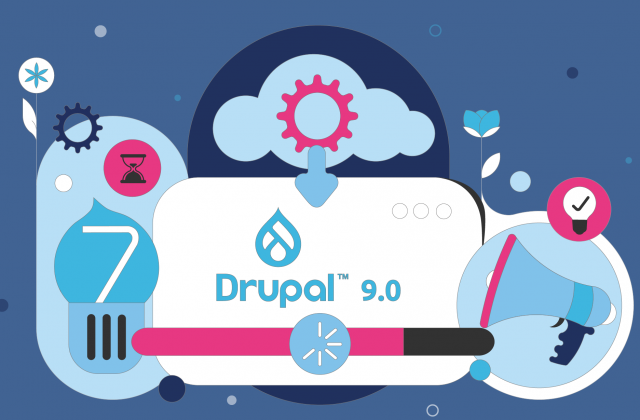Following on from our recent focus on Google’s position in the smartphone market, specifically relating to the fact that Android currently boasts a far higher proportion of free apps than any of its rivals (Apple still has easily the most overall apps though), it is interesting to see that the company has launched its own DIY code-free App Inventor tool. Something tells me Android’s previous figure of 57% free apps will soon be jumping towards the 65-70% mark over the next few weeks and months.
But let’s discuss events in the present first before we go reeling off wild speculations about the future. Here’s the low-down on the App-Inventor for now:
- It’s still in beta mode, but is free to download from Google
- Requires no coding skills at all, instead offering users a drag-and-drop interface for easy and quick App creation
- With the launch, Google joins Nokia in being the only companies currently offering such a tool
- Inventor uses Open Blocks Java Library (designed at MIT), thus saving you the effort of actually learning Java
The big debate in the immediate wake of the beta launch is over the quality control issues that often arise from the distribution of such easy-to-use builders. Techcrunch for example highlights the flood of low quality websites that emerged following the launch of similar html editors like Geocities as a potential problem, with Google’s app environment in danger of being swamped by useless and poorly designed junk.
However, one expects that as long as there is an effective way to manage the app ecosystem, relegating the rubbish to obscurity and ensuring the quality gains prominence and visibility, this potential pitfall can easily be avoided. In such a case, the App Inventor surely becomes an additional asset in the Android locker, which has recently also received a boost following Youtube’s HTML5 compatibility announcement (thus rendering obsolete native Youtube apps such as those found on the iPhone).
While Google’s smartphone market share continues to be well below that of the dominant players (Apple & Blackberry RIM), it is currently the only company seeing really significant growth in this department over the past few months. It is interesting to discuss this market trend in the context of Google’s strategic positioning vis-a-vis some of their rivals.
For example, while Apple builds much of its success on the concept of customer lock-in – offering an excellent range of vertically-integrated products and apps, it nonetheless ensures that the boundary between creator and consumer remains firmly in place. In other words, there is no place for getting clever or creative with your iPhone unless you’re a pro developer: no open source possibilities, no drag-and-drop app inventor tool, low cross-compatibilities with non-Apple hardware etc etc.
While there is nothing wrong with such a strategy (indeed Apple’s success proves there is more than a little right with it), it does nonetheless inevitably turn-off those of us who like to have somewhat of a give-and-take relationship with our technology.
You know the kind of people I mean here, those of us with soldering irons and custom-built motherboards lying around the dining room table, people who set up their own servers in the airing cupboard, your friends who spend hours overclocking their processors just for a few extra frames per second on their favourite computer game – and so on. Basically those who aren’t daunted at the odd line of code or a glimpse at what lies beneath the slick UI’s which organise our interaction with technology these days – people that like to get under the bonnet and have a little poke around for themselves.
Well I would expect that these people are especially likely to be won over by Google’s commitment to creating open technologies (rather than Apple’s ‘sealed’ products) and it is as a result of this that Android’s market share might continue to grow in the smartphone sphere. In any case, for now it seems Google has done extremely well to identify a weakness in the formidable positions of rivals such as Apple and Blackberry, and seems to be making a good fist of exploiting it to establish a decent market position of its own thus far.
Dejan Levi
Update: Check Techland for a great list of top Android apps to get you up and running with a Google phone



